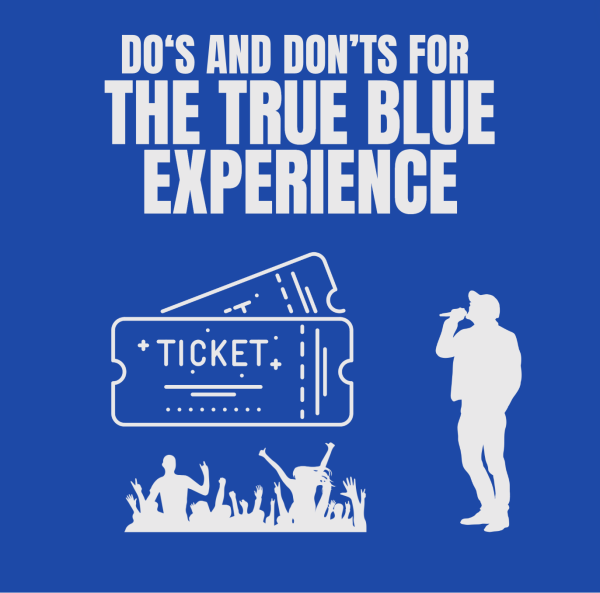- Reflector
- Reflector: Arts & Entertainment
- Reflector: Entertainment | Pop Culture
- Reflector: Life & Style
How to Develop your Personal Brand
February 3, 2021
People go to college for a plethora of reasons. It’s no secret that most people go to college to start a career. It could be working with an established company or starting your own business. With this particular goal in mind, we all have to go through the process of trying to find an internship or a job, whether it be at the end of our college career or in the middle of our sophomore year. Inevitably, it’s going to be a little disappointing and frustrating at times. It can be a tedious process and you’ll face countless rejections, but there is something that can really help. You need to develop your personal brand. Here are some tips to get you started.
Develop an expertise
Your personal brand is more than just who you are. It’s what you know. Spend some time figuring out what is the best way to showcase your knowledge. Once you figure that out it should be smooth sailing. And truthfully, you don’t have to be an expert. You’re not always going to be the best at everything, but everyone is good at something. Figure out what is and capitalize on it. Build your brand around that.
Establish a reputation
“Personal brand is how you see yourself or how you want other people to see you,” says Michelle Groover, Senior Lecturer at Georgia Southern University. You have to do more than figure out what you want to be known for. You have to make a way to be known for it. Advertise yourself. Build a network. Talk to people. You can use social media or build a portfolio. The possibilities are endless. How you do it is up to you, but it is something that’s really important for starting a career.
Pick your presence
Social media is one of the most popular ways that people develop their personal brand. Business cards aren’t super common anymore. It’s all about your online presence. You have to decide which presence is the most important to your brand. If you’re trying to infiltrate a field that is dominated by traditional professionals, you might want to make sure your LinkedIn profile is solid. If you work in a field of young creatives, you need to have a top notch Instagram presence. Do your research and figure out what social media you need to be using and get busy!
Make a portfolio website
This is a plus for anybody to have. Sometimes, a resume just won’t cut it. You need to go above and beyond. Make a website where all of your experience can be highlighted in a creative way. Not to mention, professionals will more than likely be impressed with your ambition. You can have your contact information, resume, published work, cover letter and so much more in one place. The easier it is to access that information, the better.
Start a blog
Nothing shows commitment and expertise more than writing about it every day. If you’re too busy for a daily blog, you can add to it 3 times a week or so. Not to mention it keeps you fresh. Also, if no one else will publish your work (whatever it may be), you can do it yourself. This step shows that you’re truly passionate about what you do and employers will see that.
These steps obviously aren’t going to guarantee you anything, but they will definitely help, and we need all the help we can get. Along with all these tips, you can always talk to your professors and see if they can help you. This is something that students all have to struggle through. It’s okay to ask for help. Actually, it’s encouraged. We want to see you succeed!
Contributor: Michelle Groover, Senior Lecturer at Georgia Southern University













